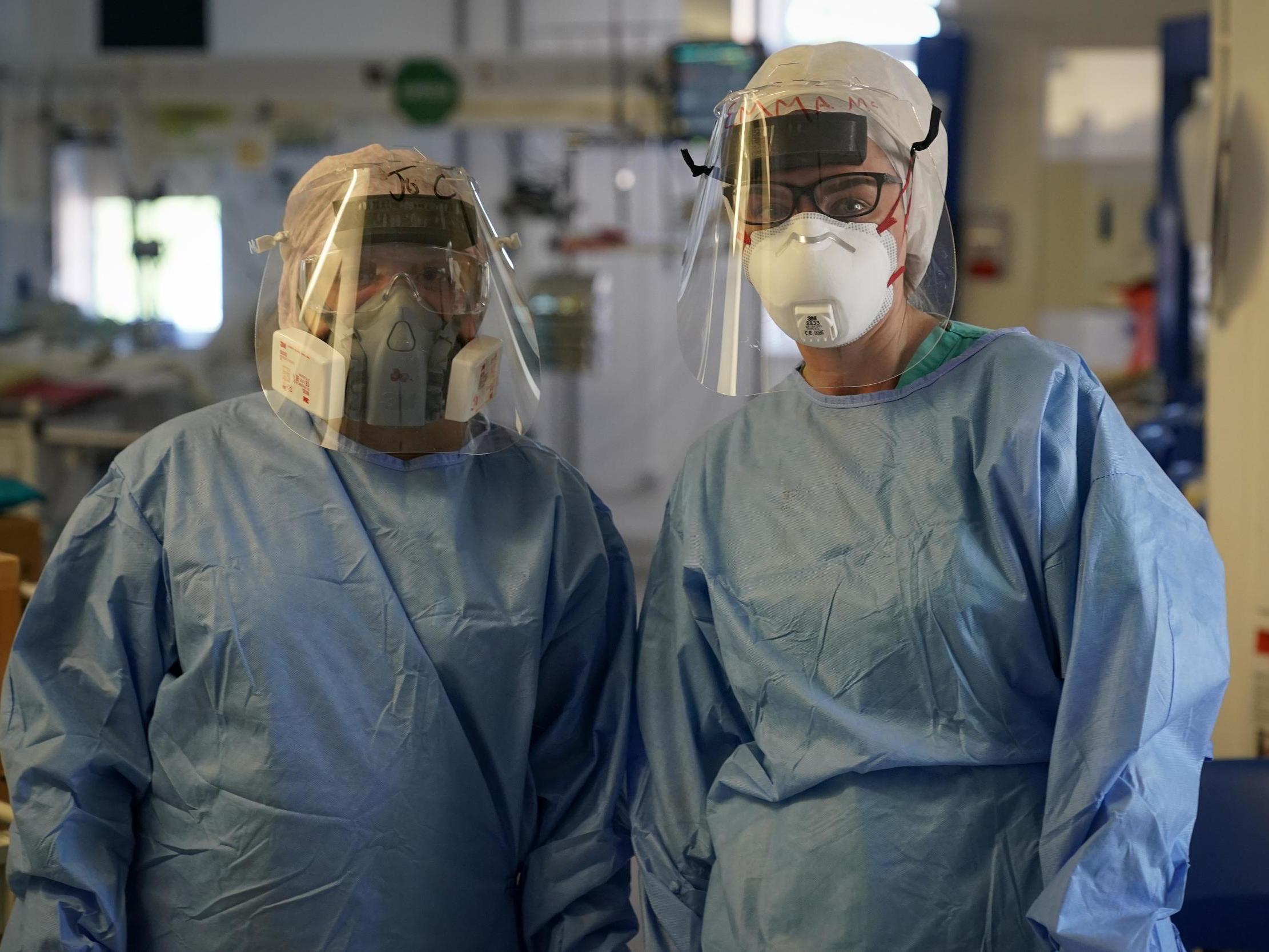The NHS doesn’t need more flashy targets about new nurses, it needs a proper plan
Nursing numbers were too low prior to the pandemic, Covid-19 simply amplified the scale of the problem. It is telling that the government thinks voters will view today’s statement as a credible solution, says Ian Hamilton


Today’s announcement by the health minister that the government will provide £172m to train an additional 8,000 nurses through the apprenticeship scheme is welcome. What it also highlights is how long it takes to plug staff shortages in the NHS. The 8,000 target is based on recruiting 2,000 people a year over the next four years, so these additional nurses will qualify anywhere between 2024 and 2028.
2024 is also the year that the Conservatives pledged to have 50,000 more nurses and this latest target falls far short of that ambition. So welcome as it is, it’s difficult to see how that promise will be met. Even the more traditional route of training nurses via a university degree takes three years. Although that shaves a year off the time taken to train an apprentice, some universities are already struggling financially.
Part of the reason we are short of nurses is the same reason we have limited capacity to train them. We have an ageing workforce of nurses and the lecturers that train new recruits. This demographic dip has been forecast for years so shouldn’t come as a surprise and certainly should have been planned for.
But this is the problem, politicians can’t resist fiddling with the NHS, including workforce numbers. The most predictable aspect of political meddling is the way nursing recruitment numbers fluctuate. Not on the basis of workforce intelligence or evidence, but economic priorities. Successive governments have in turn reduced nurse training numbers and then increased them again. There is no strategic thinking behind these decisions, instead they are usually based on an attempt to save money today, irrespective of the medium to long term costs.
The truly depressing aspect to these cuts to training numbers is they cost far more than they save. Inevitably agency staff plug the gaps on hospital wards so that the minimum staffing numbers can be adhered to. At the same time this manages to sap nursing morale further as the agency staff are paid a premium in comparison to the NHS nurses they work alongside.
Nurses don’t just staff the NHS, they are critical to social care including homes for older people. With an estimated 120,000 vacancies, some of which will include qualified nurses, we clearly have a significant problem. Paradoxically news on apprenticeships may exacerbate staff shortages in social care. Apprenticeship candidates will be drawn from the pool of people who would also consider working in social care.
Nursing numbers were too low prior to the coronavirus pandemic, Covid-19 simply amplified the scale of the problem. Not just in hospitals but care homes as well. It is telling that the government thinks voters will view today’s statement as a credible solution. What it really shows is that politicians need saving from themselves. Successive governments have failed to get to grips with the actual number of nurses needed to safely and humanely look after those who need care.
The NHS doesn’t need any more flashy announcements, it needs a workforce strategy. This should be based on evidence of need not political ideology. The government promised an NHS workforce strategy 18 months ago, but it still hasn’t materialised and there is no information about when it will.
In the same way that politicians couldn’t be trusted to set interest rates, so that task was handed over to independent banking experts, we should do the same for NHS workforce planning. That way we would not only ensure the training infrastructure was in place, but we would avoid the criminal waste of taxpayers’ money used to turn nurse training numbers on and off like a tap.
None of this is complicated, but it’s difficult to imagine an issue that’s of any greater priority. The only thing that trumps it, is removing politicians from any part in planning the NHS workforce.
Ian Hamilton lectures in mental health at the Department of Health Sciences, University of York.
Join our commenting forum
Join thought-provoking conversations, follow other Independent readers and see their replies
Comments